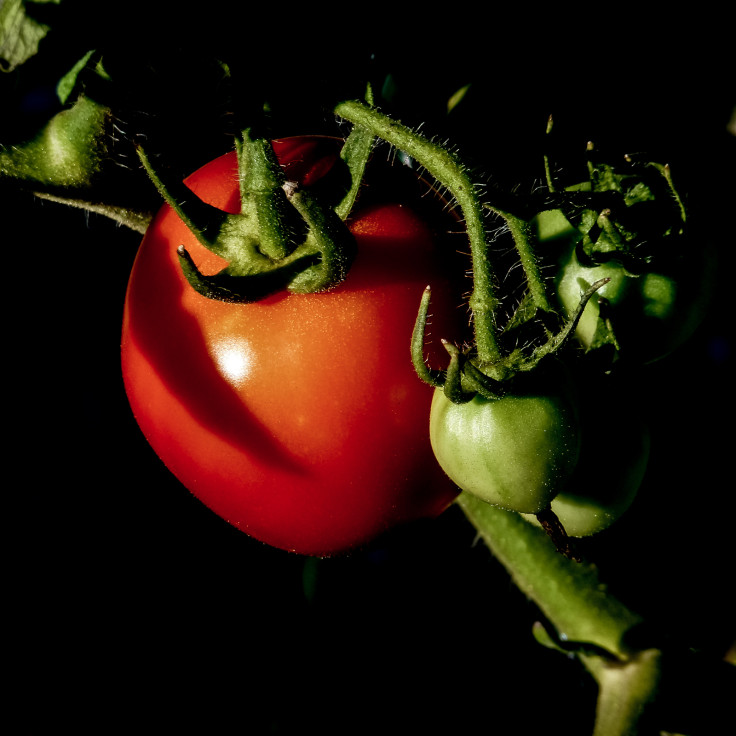Researchers discover that plants emit ultrasonic screams when in pain
Researchers have recorded plants emitting distress sounds when the stem is cut or when the plant is deprived of water.
A team at Tel Aviv University has conducted research concluding that plants let out distress noises when they feel pain. The researchers conducted their study on tomato and tobacco plants. The plants were exposed to different distressing stimuli to note the reactions. It was discovered that the plants emitted different frequencies of ultrasonic sounds when exposed to different stimuli.
In an earier study, researches had attached microphones to plants to note if plants made any sounds. The study found out that plants use a process called cavitation to create "secret sounds." In stressful situations, air bubbles were created in the plant stem tissues which burst to create vibrations that the microphones recorded.
However, the recent study conducted in Tel Aviv wanted to note if the noise created by the plants could travel through the air. The researchers attached microphones 4 inches (10 centimetres) away from the plants in a soundproof environment. Under various circumstances, the microphones recorded ultrasonic sounds within a range of 20 to 100 kilohertz.

When deprived of water, tomato plants emitted 35 ultrasonic sounds in an hour. Under similar circumstances, tobacco plants emitted 11 such "screams" per hour. When the stems of the tomato and tobacco plants were cut, they emitted 25 and 15 sounds respectively within an hour. Plants that remained untouched emitted around one ultrasound sound per hour. It was also discovered that the tobacco plants emitted a louder distress sound when in drought conditions than when the stem was damaged.
Live Science pointed out that researches are yet to expose plants to excess salt, high temperature, and disease. However, the researchers did expose other plants, such as spiny pincushion cacti, to drought conditions and cut their stems to record their reactions as well.
The researches claim that some plants and animals can hear the sounds coming from the distressed plants. They also believe that insects notice the distress sounds before laying eggs on certain plants.
Anne Visscher, a fellow in the Department of Comparative Plant and Fungal Biology at the Royal Botanic Gardens in the United Kingdom pointed out the importance of the study. Visscher claims that the study will improve precision agriculture. By using devices to listen to agricultural crops, farmers will be able to use optimal amounts of water.
© Copyright IBTimes 2025. All rights reserved.





















